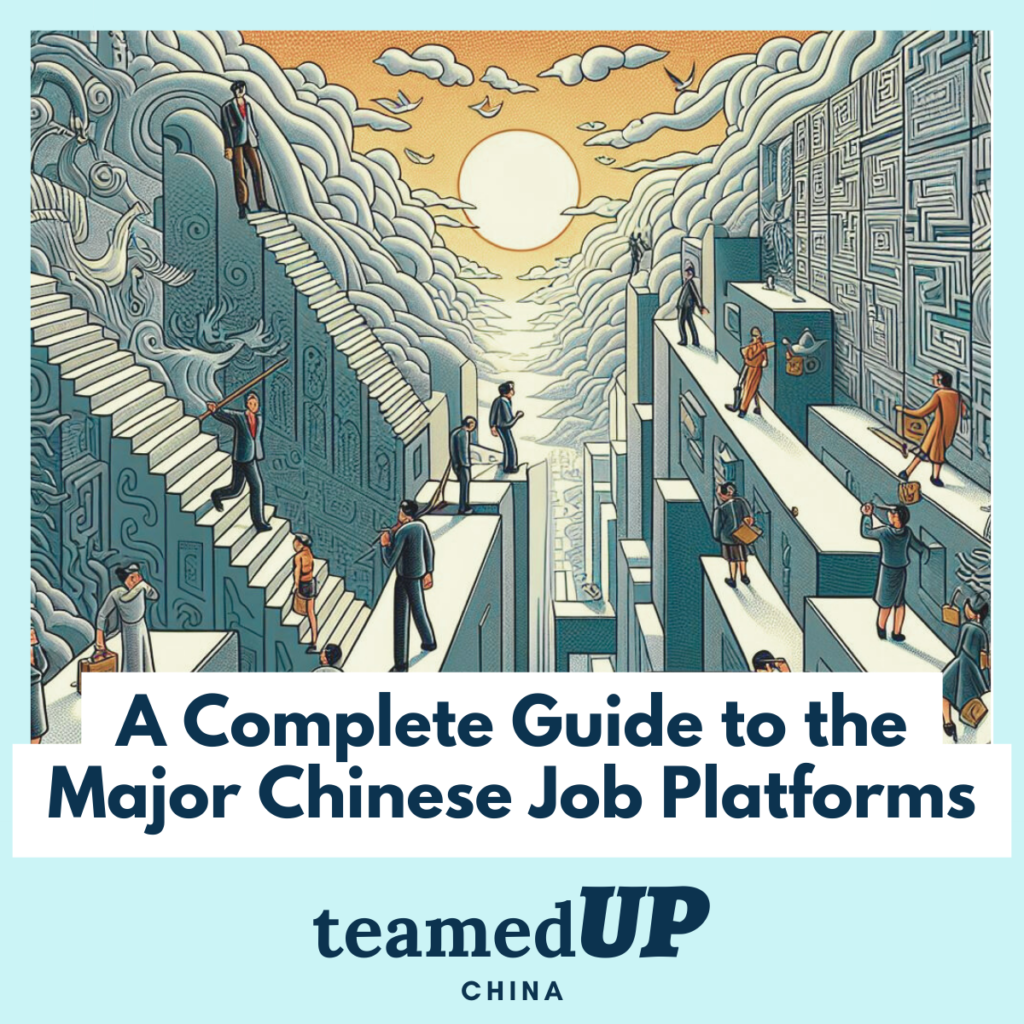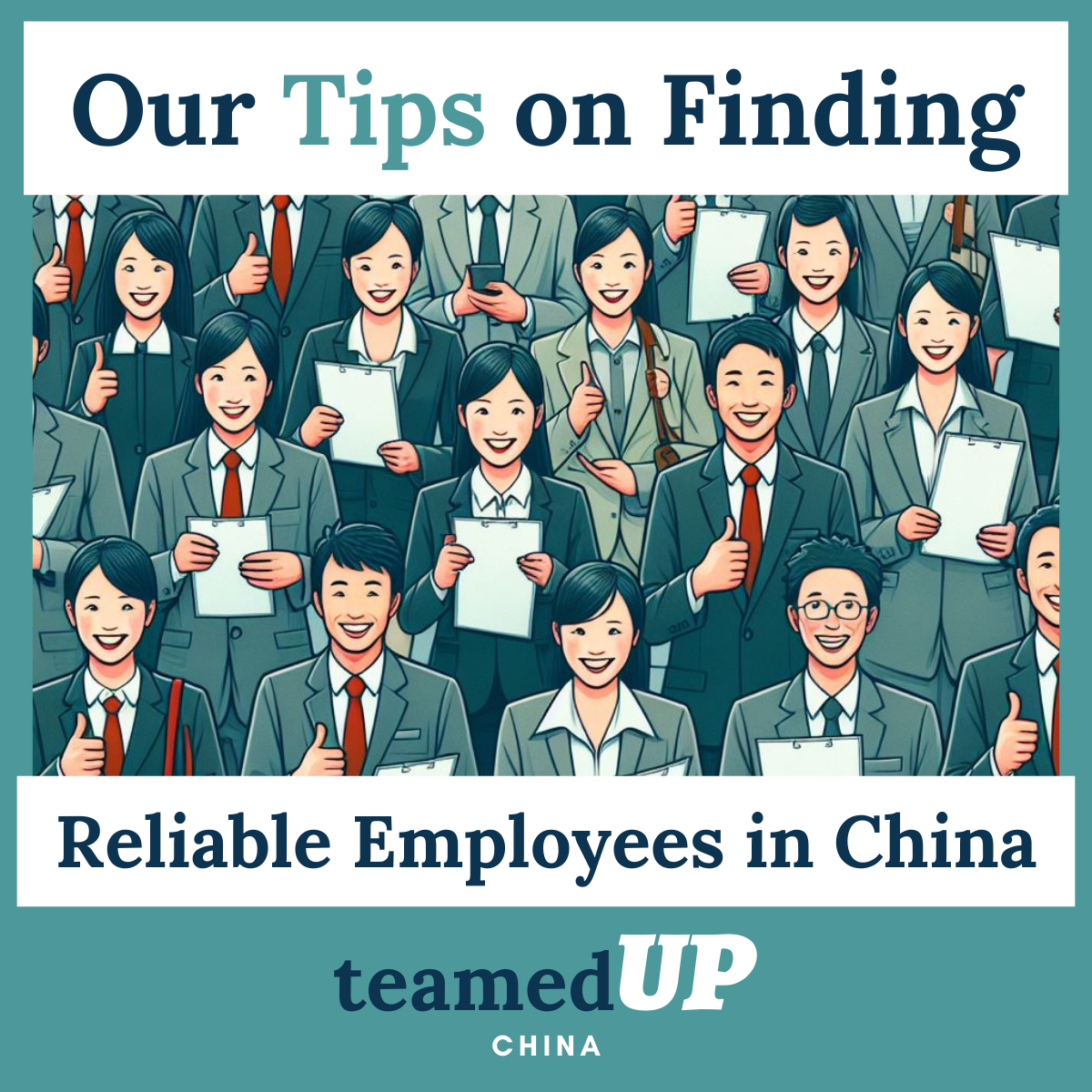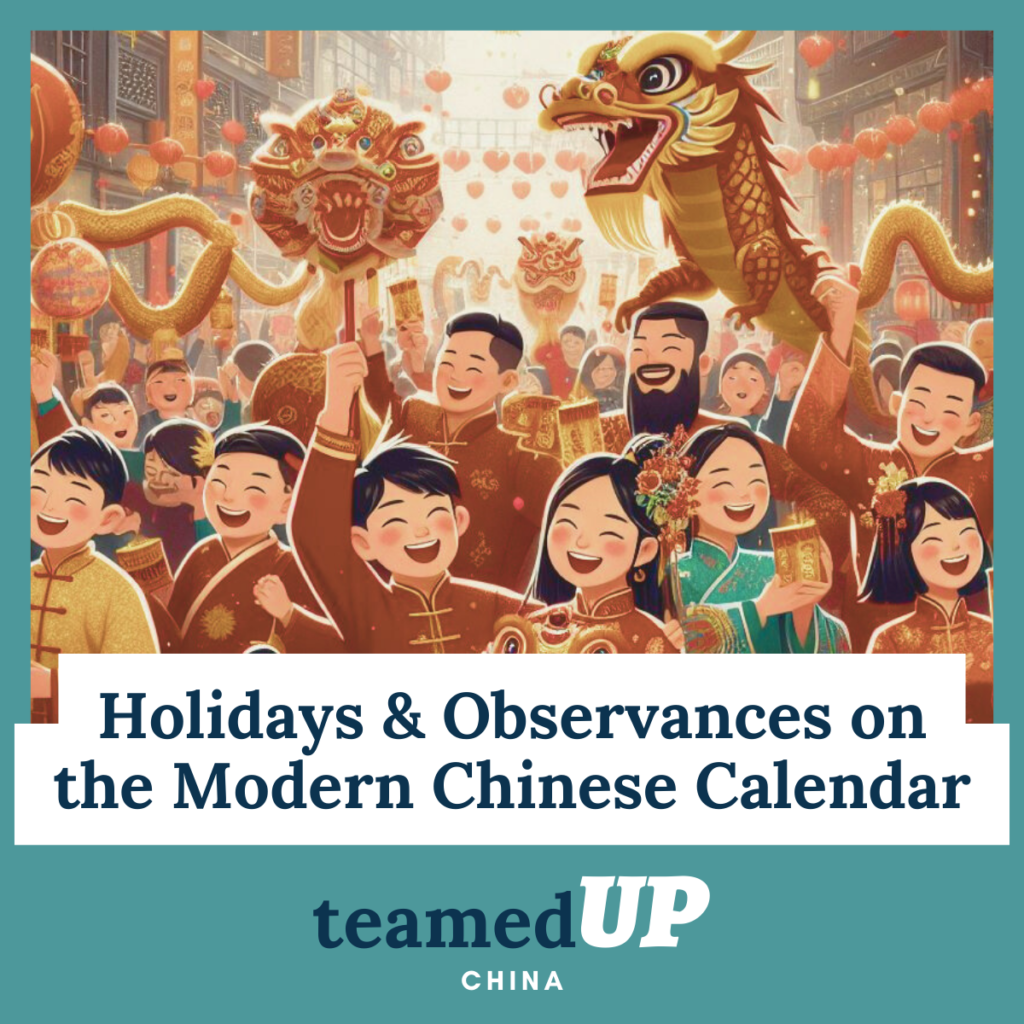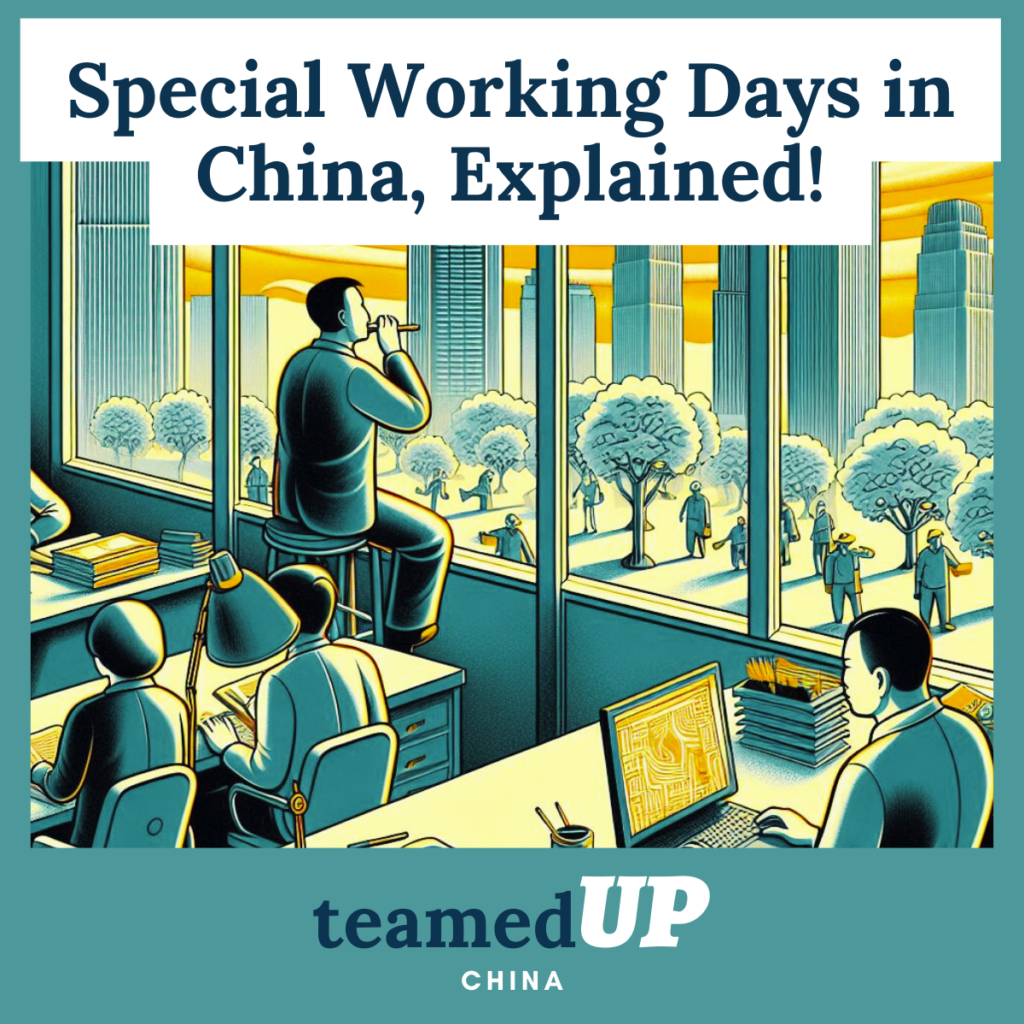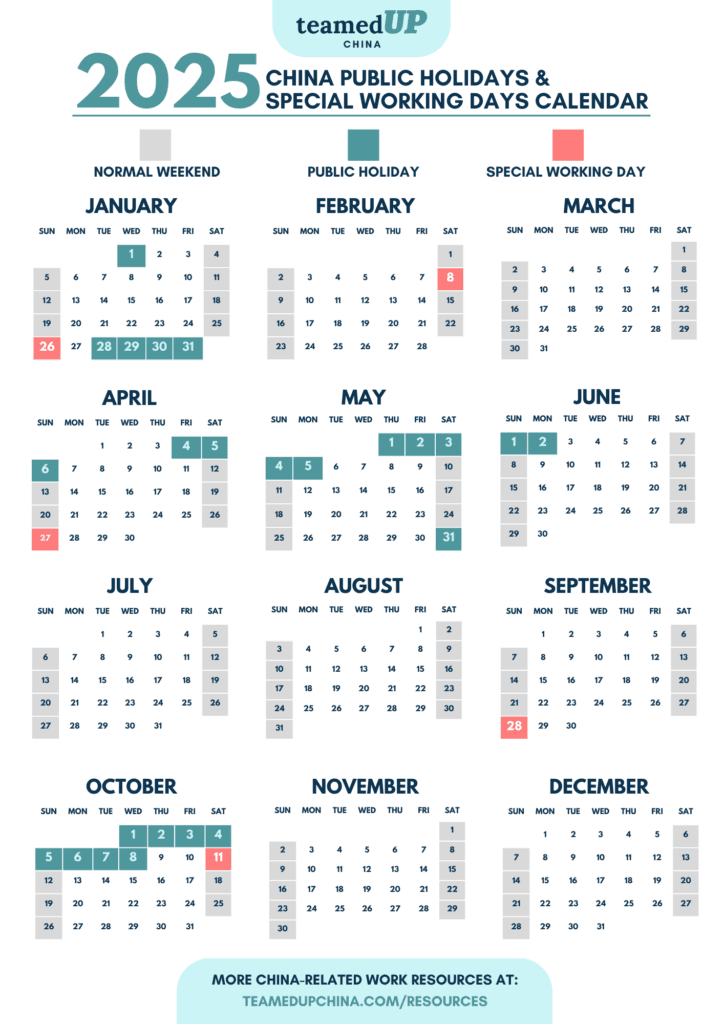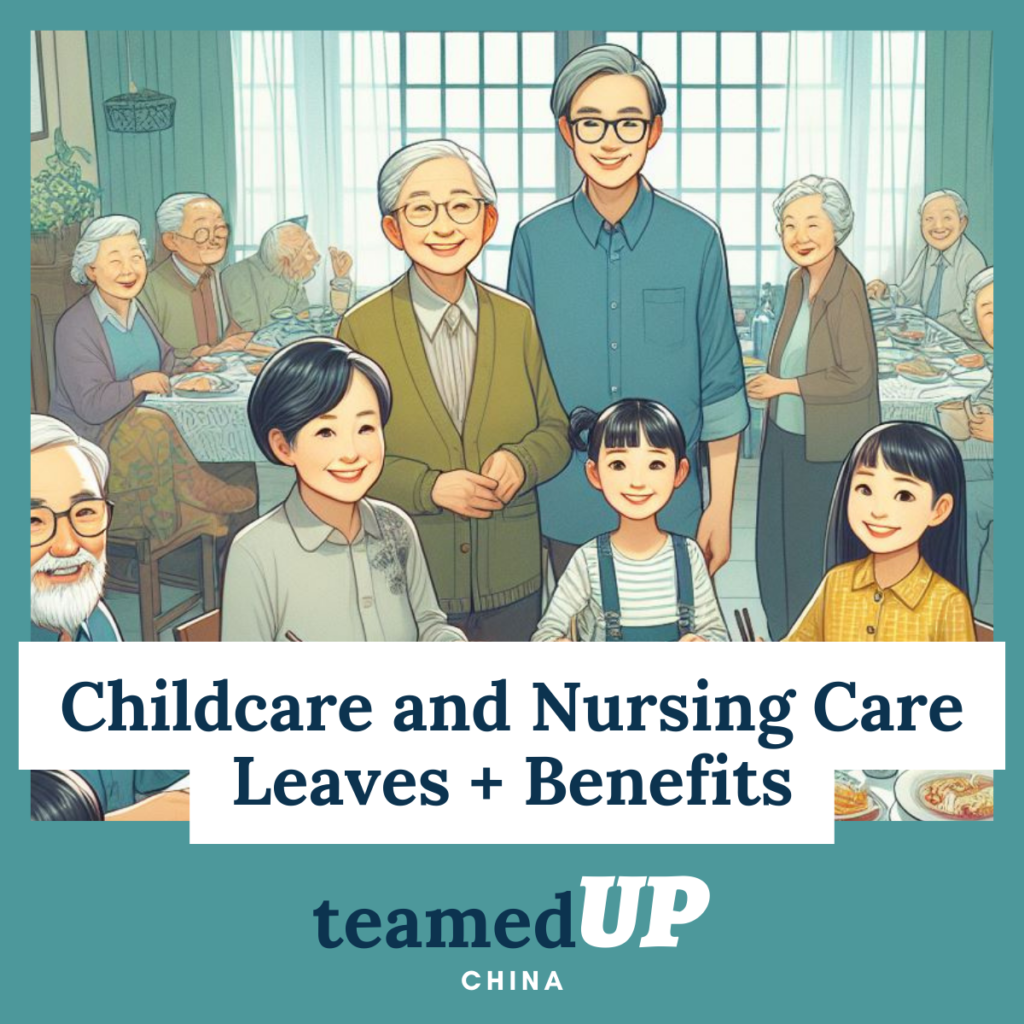The Ultimate Guide to Chinese Job Boards (2024)
Chinese Job Boards! There are likely more big platforms than you think. After all, the Chinese job market is the largest domestic one in the world. Despite their relative obscurity abroad, many of these platforms are comparable to international counterparts such as LinkedIn, Indeed, Monster, and ZipRecruiter in terms of both user base and revenues. Here’s a Table of Contents for the platforms covered, listed by date founded. While this set of job boards covers the major players in terms of users and revenues, we’re on the lookout for new emerging platforms and will update this list as they come! Chinese Job Boards: A Table of Contents 1997: Zhilian Zhaopin (智联招聘) 1998: 51Job (前程无忧) 2005: 58.com (58同城) 2005: Ganji (赶集网) 2011: Liepin (同道猎聘) 2013: Maimai (脉脉) 2013: Lagou (拉勾) 2014: BOSS Zhipin (BOSS直聘) 1997: Zhilian Zhaopin (智联招聘) – The Oldest & Longest Standing of the Leading Job Platforms in China Introduction Zhilian Zhaopin, also known simply as Zhaopin or Zhaopin.com, is one of the leading online recruitment platforms in China, connecting job seekers and employers across the country. In this article, we will explore the history and uses of Zhilian Zhaopin, including its key features, user statistics, and impact on the Chinese job market. Company History The company was founded in 1997 as an offline recruitment agency in Beijing. In 2004, the company launched its online platform, allowing job seekers and employers to connect online. Since then, the company has grown rapidly, expanding its reach across China and developing a range of innovative features to improve the recruitment process. In 2014, Zhilian Zhaopin was listed on the New York Stock Exchange, raising over $170 million in its initial public offering. The company continues to invest in technology and expand its services, including the launch of a mobile app in 2015 and the introduction of artificial intelligence (AI) tools to help match job seekers with relevant job postings. Annual highlights Here is a timeline breakdown of the key events related to the Chinese HR company Zhilian Zhaopin: 1997: Founded in Beijing as an offline recruitment agency. 2004: Launches its online platform, allowing job seekers and employers to connect online. 2011: Acquired by SEEK, an Australian online recruitment company. 2014: Listed on the New York Stock Exchange, raising over $170 million in its initial public offering. 2015: Launches its mobile app, making it easier for job seekers to search for job postings on the go. 2017: Introduces AI-powered tools to help match job seekers with relevant job postings and improve the efficiency of the recruitment process. 2017: Hillhouse Capital, FountainVest Partners, and Seek International take Zhaopin private at a value of $1.01 billion USD. 2018: Partners with Tencent to expand its reach and improve its mobile offerings. 2020: Launches a series of online recruitment events in response to the COVID-19 pandemic, allowing job seekers to connect with potential employers virtually. 2021: Announces plans to launch an online education platform, providing job seekers with access to career development resources and training. 2021: Changes ownership once again – a private consortium led by China-based Primavera Capital Group purchase the majority share of the company. Key Features of Zhilian Zhaopin (智联招聘) Here are some of the key features and competitive differences of the Chinese HR company Zhilian Zhaopin: Job Search: The job search function allows job seekers to browse job postings by location, industry, salary, and other advanced criteria. AI-Driven Matching: AI-powered tools help to match job seekers with relevant job postings, aiming to improve the efficiency of the recruitment process for both job seekers and employers. Extensive Job Postings: The platform hosts a wide range of job postings across different industries and job functions, providing job seekers with a broad selection of opportunities. Career Development Resources: A range of career development resources, including articles, videos, and courses on topics such as interview skills, resume writing, and career planning. These resources can be especially useful for entry-level job seekers who are just starting their careers. Resume Builder: The resume builder tool allows job seekers to create a professional resume in just a few minutes. The tool provides templates and prompts to help job seekers highlight their skills and experience and create a resume that stands out to potential employers. Employer Branding: The platform includes tools and resources for employers to build their brand and attract top talent. This includes company profile pages, job postings, and targeted advertising to help employers reach the right candidates. Online Recruitment Events: Zhilian Zhaopin regularly hosts online live recruitment events, allowing employers to connect with job seekers in real-time. These events provide a virtual space for job seekers to learn more about potential employers and apply for job opportunities. Mobile-Friendly Platform: The platform is designed to be mobile-friendly and has a comprehensive app for both employers and job seekers, allowing job seekers to search for jobs and apply on the go. Strong User Base: With over 200 million registered users and over 120 million monthly active users, Zhilian Zhaopin has a strong user base and is one of the largest online recruitment platforms in China. Zhaopin Advertisment Example User Statistics The company has a significant user base in China, here are a few highlights to that end: Over 200 million registered users as of 2021. Over 9 million average daily active users in 2020. Used by over 90% of the top 500 companies in China. Available in over 30 cities in China, including Beijing, Shanghai, Guangzhou, and Shenzhen. User Growth 2014: Reports over 60 million registered users. 2018: Reports over 160 million registered users and over 100 million monthly active users. 2020: Reports over 200 million registered users and over 120 million monthly active users. Revenue Growth 2004: Launches its online platform, generating its first online revenue. 2014: After going public, reports revenue of over $240 million for the fiscal year. 2015: Reported revenue of $331 million and net income of $50.7 million. 2016: Reported revenue of $390 million and net income of $58.2 million. 2017: Reported revenue of $481
